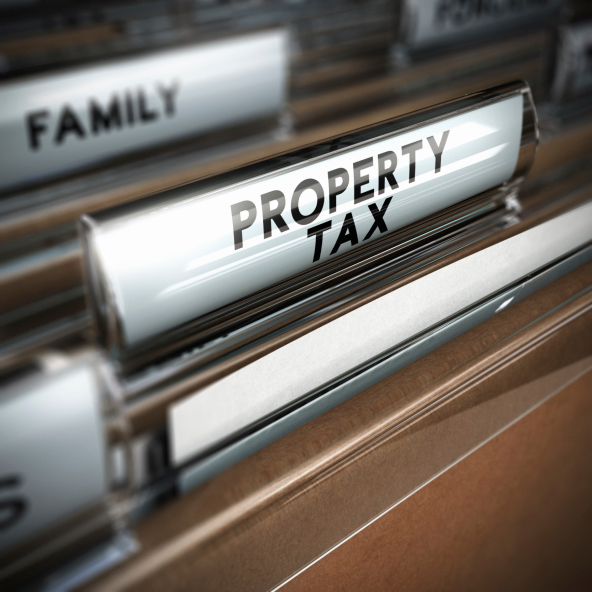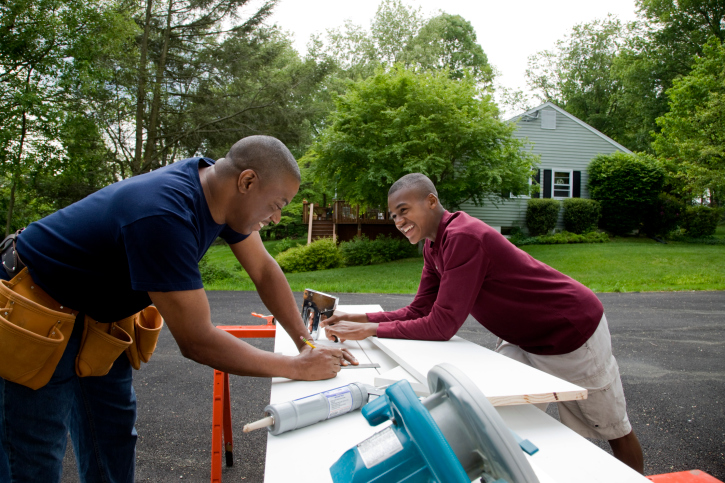Looking for Luxury? How to Upsize Your Next Home Without Upsizing Your Costs
 Size matters when you are buying a new home. Whether you plan to expand your family, need more room for your stuff, or are concerned with resale value, you want to get the most space for your money. Also, if you want to add a feel of luxury to your home, one of the best ways to do it is to create open spaces rather than cramming all your furniture in rooms so tiny you can barely walk around without knocking something over.
Size matters when you are buying a new home. Whether you plan to expand your family, need more room for your stuff, or are concerned with resale value, you want to get the most space for your money. Also, if you want to add a feel of luxury to your home, one of the best ways to do it is to create open spaces rather than cramming all your furniture in rooms so tiny you can barely walk around without knocking something over.
Traditionally speaking, the larger a home is, the more it costs. If there are two newly built houses side by side in a subdivision, the bigger one is likely to cost more. However, there are some tricks to finding spacious houses that are affordable.
Choose Emerging Neighborhoods
Houses in this year’s trending neighborhood are at their peak prices. Clever buyers look for neighborhoods that are in the process of being gentrified, buying at the bottom rather than the top of the market, to get more house for their money.
Fix It Up
Houses in perfect condition, that show well, sell for a premium. If you want to get more house for your money, choose something that needs a bit of TLC. A house that has pink walls and orange shag carpet might appear just too ugly to consider when you first view it, but it might just need a few coats of paint and some new carpet to become a spacious dream home.
Do Some Finishing
Unfinished areas such as attics and basements can be finished to create additional living spaces. The basement could become a family room and the attic an extra bedroom or study. An unfinished space can become the extra bathroom you need to make morning more manageable.
Consider an Addition
Contractors can add rooms to a house. If you have a large lot, you can build an extra wing. With a one story ranch house, it may be possible to raise the roof and add a second story.
The more stuff you have, the smaller your home appears. Reduce clutter and invest in smaller condo size furniture to give even the smallest home the appearance of spaciousness.

 Are you about to buy a house or condo for the first time? Congratulations!
Are you about to buy a house or condo for the first time? Congratulations! Does your home feel like it’s starting to burst at the seams? Many homeowners across the country can relate to this feeling having bought a home only to run out of space due to a growing family or for other reasons. Let’s take a quick look at a few questions that will help you to determine whether buying a new home or expanding your current home is the best choice when you’re in need of some extra space.
Does your home feel like it’s starting to burst at the seams? Many homeowners across the country can relate to this feeling having bought a home only to run out of space due to a growing family or for other reasons. Let’s take a quick look at a few questions that will help you to determine whether buying a new home or expanding your current home is the best choice when you’re in need of some extra space.